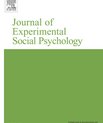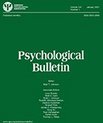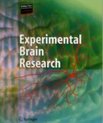Cognitive Restoration in Children Following Exposure to Nature: Evidence From the Attention Network Task and Mobile Eye Tracking
Article published in the journal Frontiers in Psychology - Environmental Psychology
Abstract
Exposure to nature improves cognitive performance through a process of cognitive restoration. However, few studies have explored the effect in children, and no studies have explored how eye movements “in the wild” with mobile eye tracking technology contribute to the restoration process. Our results demonstrated that just a 30-min walk in a natural environment was sufficient to produce a faster and more stable pattern of responding on the Attention Network Task, compared with an urban environment. Exposure to the natural environment did not improve executive (directed) attention performance. This pattern of results supports suggestions that children and adults experience unique cognitive benefits from nature. Further, we provide the first evidence of a link between cognitive restoration and the allocation of eye gaze. Participants wearing a mobile eye-tracker exhibited higher fixation rates while walking in the natural environment compared to the urban environment. The data go some way in uncovering the mechanisms sub-serving the restoration effect in children and elaborate how nature may counteract the effects of mental fatigue.
Article
Matt P. Stevenson, Richard Dewhurst, Theresa Schilhab and Peter Bentsen (2019): Cognitive Restoration in Children Following Exposure to Nature: Evidence From the Attention Network Task and Mobile Eye Tracking. Frontiers in Psychology - Environmental Psychology, 04 February 2019
Contact
Richard Dewhurst, Postdoc, IMC
Theresa Schilhab, School of Education, AU



